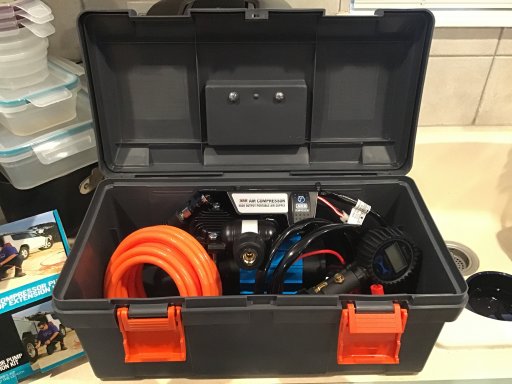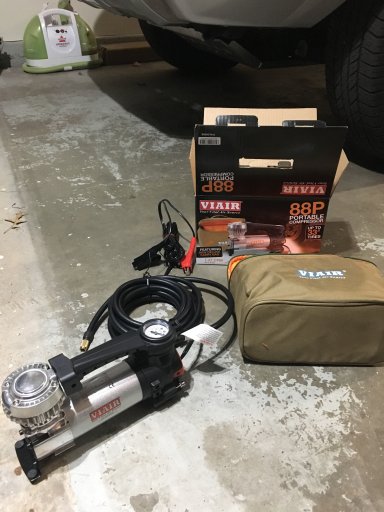Fair enough. I was just reading Power Tank's Q&A to dispel the myths I mentioned. Power Tank has a vested interest in this matter but the explanation is credible.
https://powertank.com/apps/help-center#!how-can-there-be-no-moisture-in-the-co2-in-my-tires-if-co2-is-a-liquid-gas-1
How can there be no moisture in the CO2 in my tires if CO2 is a liquid gas?
CO2 has the unique characteristic of being able to be stored in a dense, amorphous, liquid state under pressure (~800 psi). When CO2 is at atmospheric pressure it goes from a solid (dry ice, -100F) straight to a gas (smoke on top of the Halloween punch bowl) and skips the liquid state. Don't get CO2 confused with a more familiar chemical called H2O which goes from a solid (-32F) to a liquid and then to a gas. Does H2O condense into moisture with temperature changes? Yes. Does CO2? No. Does CO2 cause H2O to condense more with temperature changes and cause equal clump? No and no.
https://powertank.com/pages/nitrogen-truths-and-myths
THE IDEAL GAS LAW FORMULA might help explain why different gases expand at virtually the same rate as their temperature increases.
A gas may be completely described by its makeup, pressure, temperature, and volume. Where P is the pressure, V is the volume, n is the number of mols of gas, T is the absolute temperature, and R is the Universal Gas Constant,
Ideal Gas Law: PV = nRT
This formula is the "Ideal Gas Law Formula." Although there is no such thing as an ideal gas the formula is pretty accurate for N2, CO2, and oxygen as we assume that the gas molecules are point masses and the collisions of the molecules are totally elastic. (A completely elastic collision means that the energy of the molecules before a collision equals the energy of the molecules after a collision, or, to put it another way, there is no attraction among the molecules.) The formula becomes less accurate as the gas becomes very compressed and as the temperature decreases but here "very compressed" pressures are well above even the highest tire pressures and "decreased temperatures" are extremely cold, too cold for tires. There are some correction factors for both of these factors for each gas to convert it to a Real Gas Law Formula, but the Ideal Gas Law is a good estimation of the way N2, CO2 and "air" should react through temperature changes. What does all this mean? It simply means that "air", nitrogen vapor, and CO2 vapor should all react pretty much the same within normal tire pressures (0-120 PSI) and temperatures.
As a SCUBA diver that likes to push boundaries while diving deep I can assure you that there are some pretty accurate GAS formulas, else I would be fish food many times over.
But it is like you say in your summation, all act close to the same at the pressures we are talking about in the realm of automotive tires.
CO2 as a liquid and referring to Nitrogen as a "Dry Gas" are totally different concepts. CO2 is stored as a liquid at around 850psi, whereas it is still a water soluble gas that can mix with H2O vapor if not but through a drying process during harvesting. Nitrogen is a "Dry Gas" that will not accumulate not transfer H2O vapor.
But here's the thing, and it is a very big thing; people take truths from one situation and apply them to all situations, or at least other situations. Like someone trying to compare the physics and physiology of pressurized gas at 530 feet while diving on the Edmund Fitzgerald as compared to airing up your tires on the side of the trail from 15psi to 35psi and wondering if it will cause condensation in their tire, thereby stating that CO2 is a water soluble gas. Yes what their saying is technically correct but so many amplitudes away that it would not matter in the least.
Wow, I need to shut-up, bottom line for me is the same as yours, ....all react pretty much the same within normal tire pressures. I would also add that CO2 is a perfectly acceptable gas for airing up your tires.







